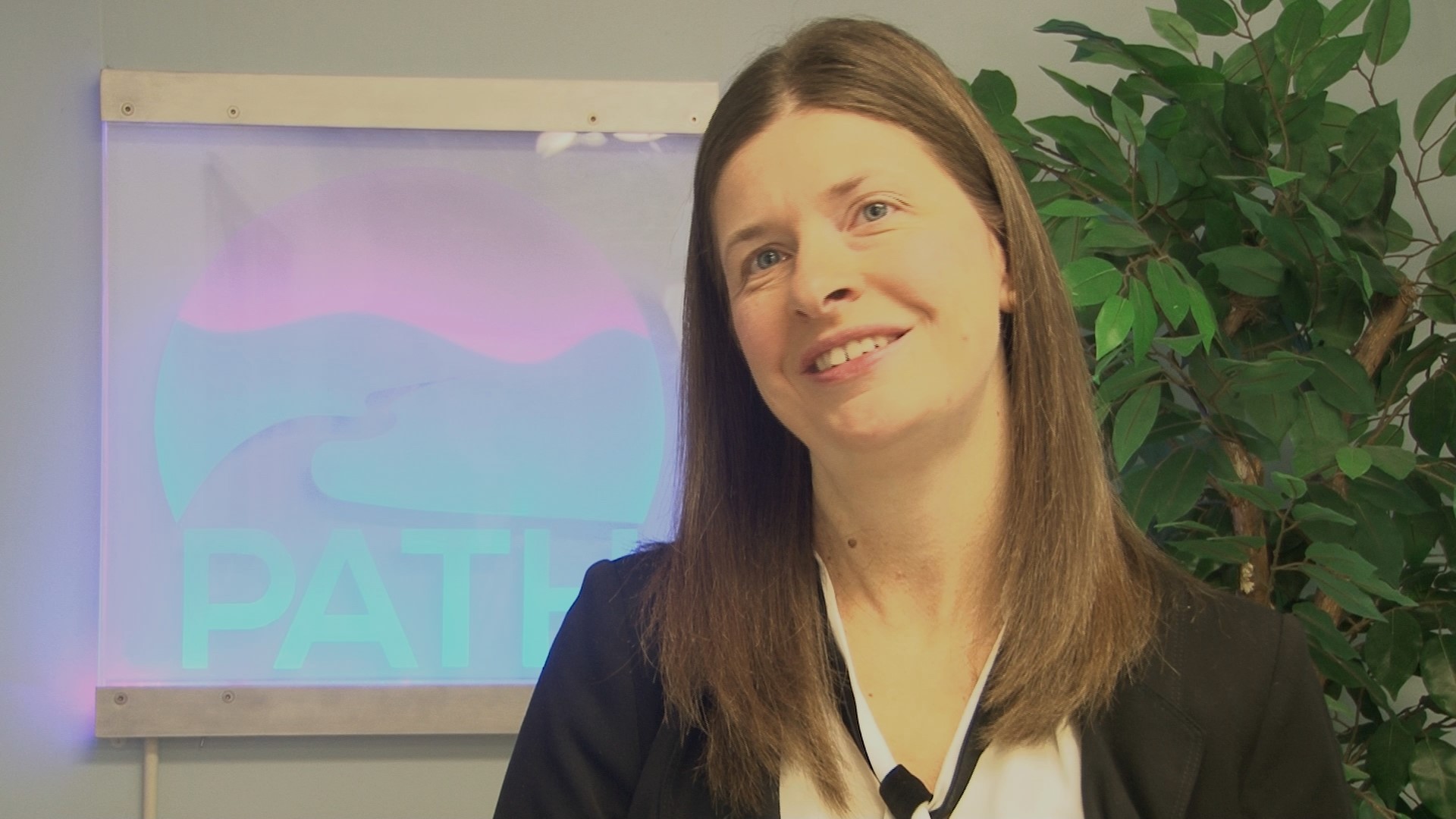BUFFALO, N.Y. — Julie Palmer, a wife and mother of four who was born and raised in Western New York, said she felt a calling a decade ago to transition from her work in behavioral mental health, to starting a nonprofit to help victims of human trafficking.
"I think what helps me do this work is my faith. That's what originally got me into it," Palmer said.
People Against Trafficking Humans, or PATH, is a local faith-based nonprofit focused on ending exploitation through awareness, action, and aftercare. Since 2015, the PATH Enrichment Center located at 999 Delaware Avenue in Buffalo, has served 700 individuals who are victims of sex or labor trafficking not just through talk therapy but holistically.
At any given time, the staff and volunteers at PATH are providing meals, clothing, and transportation to the clients, offering medical care through a program called Well Health, running fitness, art and music classes, and focusing on faith and healing. All of this to address their physical, emotional and spiritual needs.
"Somebody coming in and literally has nothing but a backpack for themselves, that's it, or hasn't eaten in days, or has been beaten and is now in the hospital, or has just been forced to do different acts that would make you feel sick inside," Palmer said. "There are people that are in such desperate situations, that how do we not do something?"
Palmer estimates the supportive services at PATH are being offered to a current caseload of approximately 125 adults and youth who have been affected by sex or labor trafficking. While it is hard to accurately quantify the number of victims of human trafficking in Western New York, experts believe they are only seeing 15 percent of the people currently being exploited.
"Human trafficking is recruiting, harboring and transporting a person solely for the purpose of exploiting them and it's considered a crime if there's force, fraud or coercion," Palmer said. "This is something that's not just an inner-city, big-city problem or third world issue. We are also experiencing it right in our own community."
Palmer said the main recruitment means is the internet, especially social media and gaming with teens. She says at any given time, there are 750,000 perpetrators online looking at gaming and social media to try to recruit. Because of the COVID-19 pandemic, more people have turned to working or learning remotely from home, and that has resulted in an increase of referrals to PATH.
One survivor who has received help from PATH for years is Lakita, who wishes to go by only her first name.
"I came here really broken," she said.
Lakita added she wouldn't be safe and strong and successful without Palmer and her staff and volunteers at PATH.
"I love being here. It lifts my spirit up. When I come here I feel like I'm home," Lakita said.
It takes a special type of person to run a nonprofit, and help those in trauma, but Julie says she finds her strength in success stories like Lakita who motivate her to keep pushing.
"It's just a privilege to be able to help make some difference in that and allow these people to have some piece of restoration that we can offer," Palmer said. "We've had clients tell us that this is the first place they've experienced love. I've seen and we've learned that we can help them get a job, we can help them get a place to stay, but if that piece of human restoration and relationship is not restored, we see that that's not enough."
It's not just clients who are inspired by Palmer's dedication and selflessness, it's her employees as well.
"She has an incredible heart for people and especially those who are oppressed," said Erin Andrade, LMSW, and PATH youth program senior case manager. "She doesn't just want to help them off the streets and get them stabilized, she wants them to know how loved and cared for and worthy they are as individuals."
Palmer's next goal is to very soon open a safe house in Buffalo, a place where women and teens escaping human trafficking can call home. They've already raised $250,000 toward that endeavor. Palmer says she's grateful for the community support.
January is National Human Trafficking Awareness Month. Here are some red flags to look for in a possible case of sex or labor trafficking:
- Changes in behavior
- Losing their identification
- Being given a phone purchased by someone else
- Absence from school
- Dating older men
- Acquiring expensive items
- Becoming hypersexuality or changing social circles
- Addiction in adults
- Runaways are at a particularly high risk
To learn more about PATH of WNY, click here.
The "Selfless Among Us" series has previously featured the following individual:

